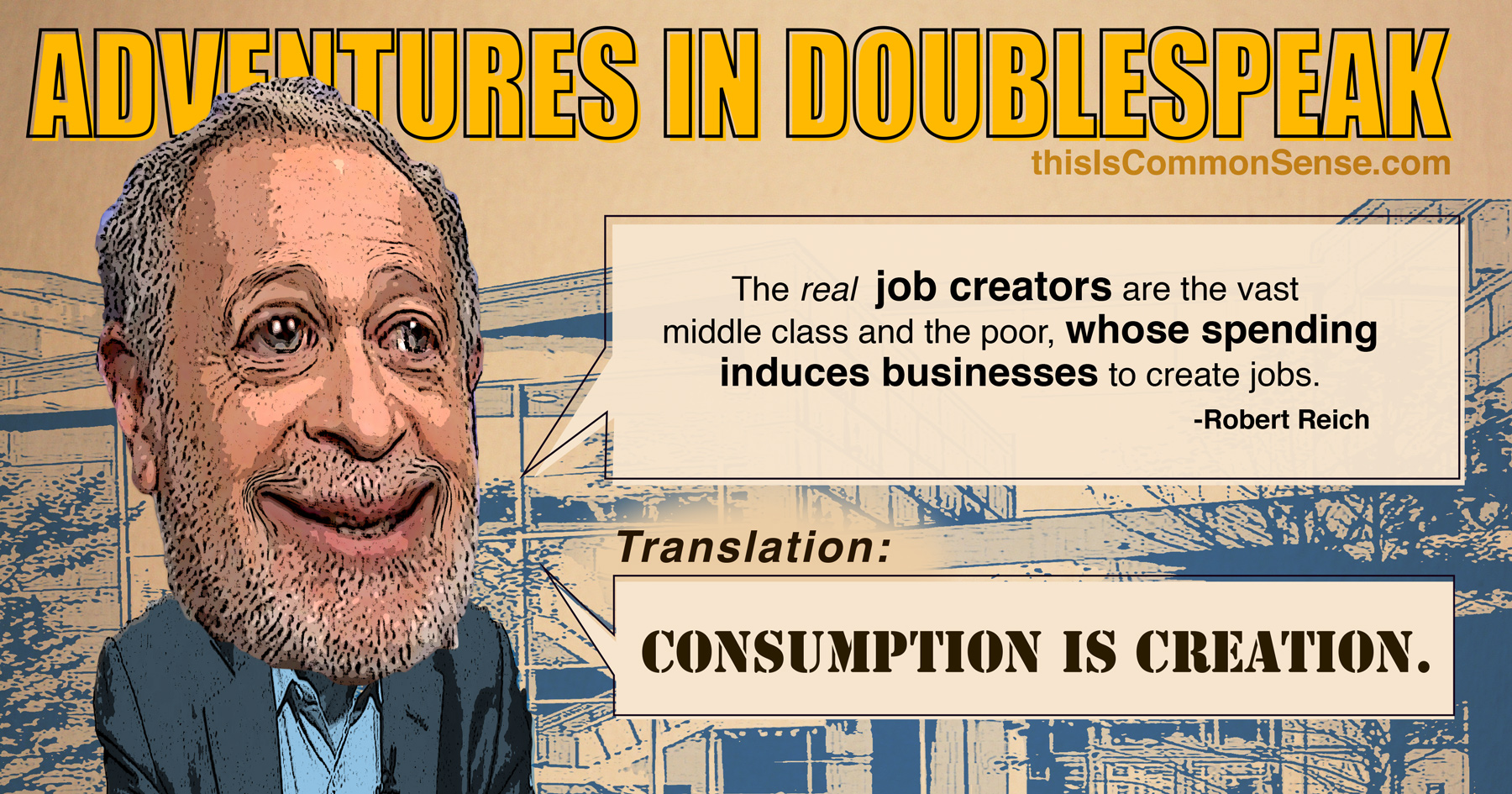Could a barren, charred, devastated landscape be the actual intended goal?
In California as in Washington, lawmakers and chief executives apparently have a long list of nice things to destroy and are crossing them off one by one, as if on the payroll of aliens from outer space wanting to conquer earth without doing very much
Part 99-C of the plan is to price entry-level labor and entry-level restaurant dining out of the market by hiking the minimum wage of fast-food workers even further beyond the market rate for the labor and its actual productive value to employers: now to $20 an hour.
Already, prices for restaurant meals are going up, and restaurant workers are being laid off.
The $20 minimum is a compromise that restaurant owners accepted in lieu of probably paying a $22 per hour minimum. Like letting burglars take only most of the silverware and letting them return at will.
Even more looting of employers is to come, if employee and activist Angelica Hernandez has her way. “We’re going to have to keep speaking up and striking to make sure we are heard.” She wants her dough and doesn’t care about the consequences for others. Policymakers rush to appease her and those like her.
So is omni-destruction the actual intended goal?
Or is it that the mental powers of the crusaders and politicians and too many voters don’t extend so far as the relationship between cause and effect?
This is Common Sense. I’m Paul Jacob.
Illustration created with PicFinder and Firefly
—
See all recent commentary
(simplified and organized)










